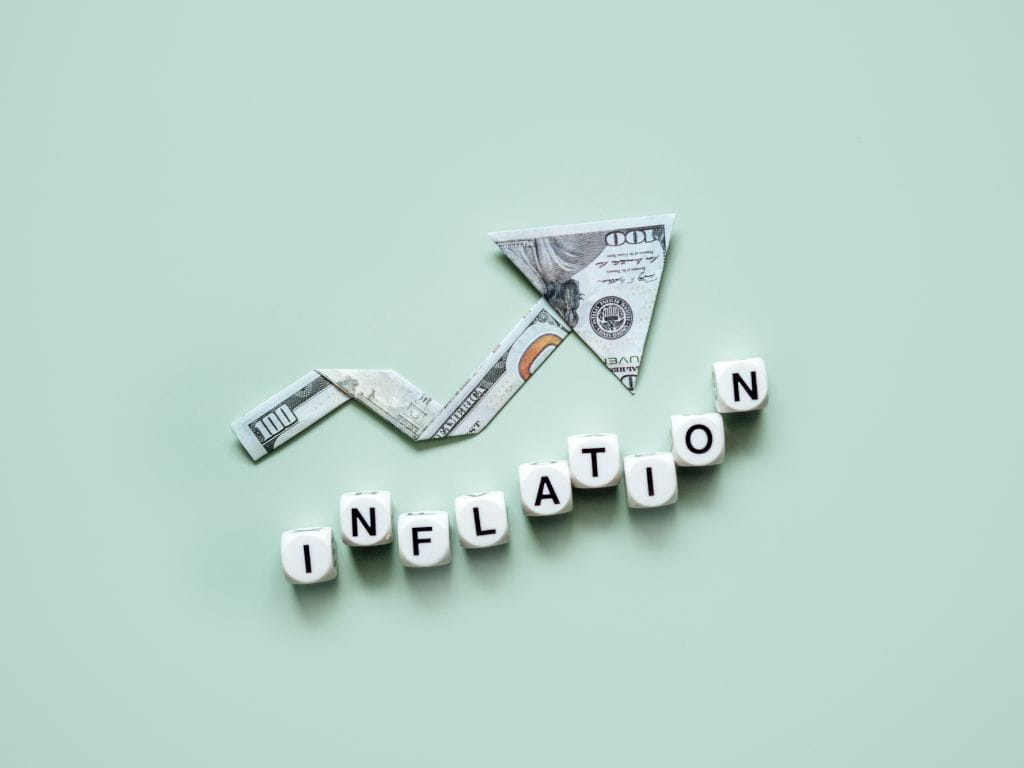10 Reasons Why Inflation is a Big Issue in Singapore
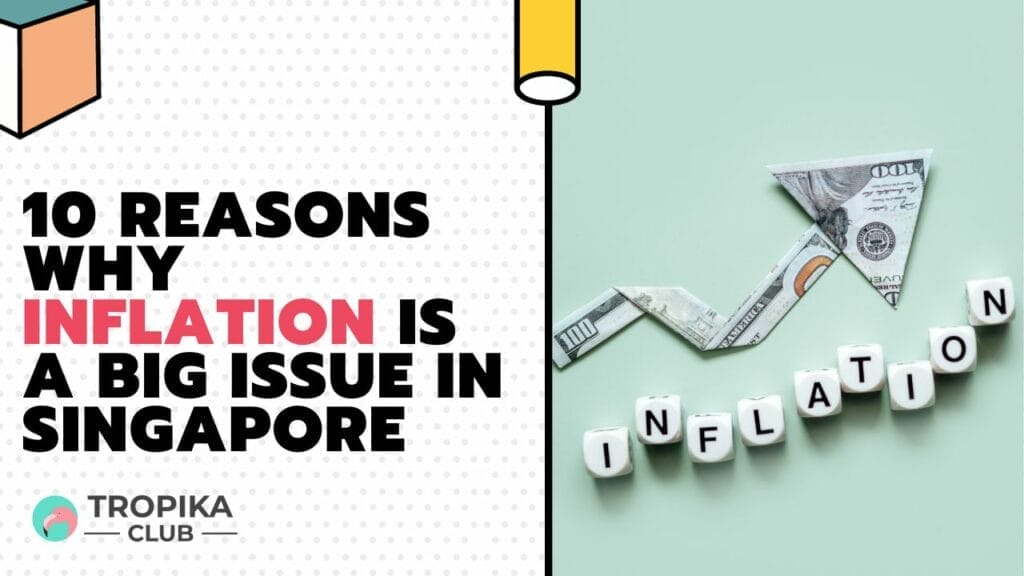
No Time to Read? Here’s a Snappy Summary of This Article
- Soaring Prices: Singapore grapples with rising costs, impacting everything from daily groceries to housing, challenging citizens’ financial stability.
- Wage Woes: Inflation’s upward spiral puts pressure on wages, creating a squeeze for Singaporean workers as their purchasing power dwindles.
- Housing Headache: The inflation wave hits home, making property prices surge, intensifying concerns about affordable housing in the city-state.
- Business Blues: Inflation poses a threat to businesses, forcing them to navigate higher operational costs, potentially leading to economic slowdown.
- Saving Struggles: Savers face a dilemma as inflation erodes the value of money, making it harder to preserve and grow their wealth.
- Government Challenges: Policymakers grapple with the complex task of balancing economic growth and managing inflation, seeking sustainable solutions.
Table of Contents
- No Time to Read? Here’s a Snappy Summary of This Article
- 1. The Rising Cost of Living
- 2. Impact on Savings
- 3. Housing Affordability
- 4. Healthcare Costs
- 5. Educational Expenses
- 6. Transportation Woes
- 7. Food Insecurity
- 8. Business Challenges
- 9. Social Inequality
- 10. Government Policies
- Meanwhile, Check Out Tropika Club’s Ecosystem of Websites
Introduction
Inflation is a word that often sends shivers down the spines of Singaporeans. While it’s a global phenomenon, the effects are particularly palpable in a bustling city-state like Singapore. With its unique economic landscape and high standard of living, understanding the intricacies of inflation is crucial for every resident. This article aims to shed light on the 10 reasons why inflation is a big issue in Singapore, offering insights that could help you navigate these financially turbulent times.

1. The Rising Cost of Living
Inflation in Singapore is synonymous with the escalating cost of living. From hawker food to HDB flats, prices are steadily climbing. The situation is exacerbated by the high import dependency for goods, making even basic necessities more expensive. This rise in costs affects everyone, but it’s particularly challenging for middle and low-income families who find their purchasing power diminishing.
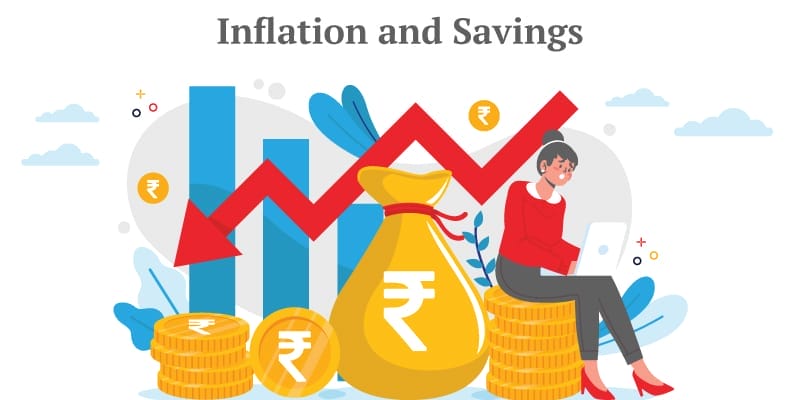
2. Impact on Savings
Inflation doesn’t just affect your daily expenses; it also erodes the value of your savings. Imagine saving S$100 today, only to find its purchasing power reduced to S$95 next year. For a population that values financial security, this is a significant concern. It’s not just about stashing money under the mattress; it’s about smartly investing to outpace inflation.

3. Housing Affordability
The property market in Singapore is another sector where inflation has a noticeable impact. With property prices soaring, the dream of owning a home becomes increasingly elusive for many Singaporeans. This has social implications, affecting family planning and even mental well-being.

4. Healthcare Costs
As Singapore’s population ages, healthcare becomes a focal point. Inflation contributes to rising medical costs, making healthcare less accessible for those who need it most. From hospital bills to the price of medication, the financial burden can be overwhelming, especially for the elderly and those with chronic conditions.

5. Educational Expenses
Education is often seen as the pathway to success in Singapore. However, inflation has led to increased tuition fees and other educational expenses. This puts immense pressure on parents and can lead to a widening education gap between different income groups.
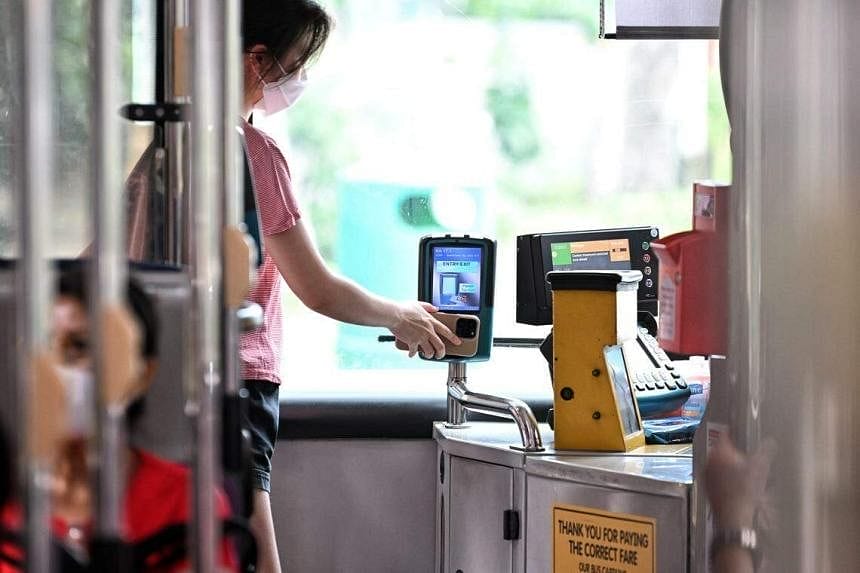
6. Transportation Woes
Public transport and car ownership are becoming more expensive due to inflation. This impacts daily commuting and can have a ripple effect on productivity and quality of life. For a nation that prides itself on efficiency, the escalating costs in transportation are a significant concern.
_
Read Also:
10 Facts About the Soaring Cost of Living in Singapore: What Drives It?
_

7. Food Insecurity
Inflation also affects the price of food, leading to food insecurity among vulnerable groups. Singapore imports over 90% of its food, making it highly susceptible to global price fluctuations. This can lead to a less diverse diet and increased health risks.
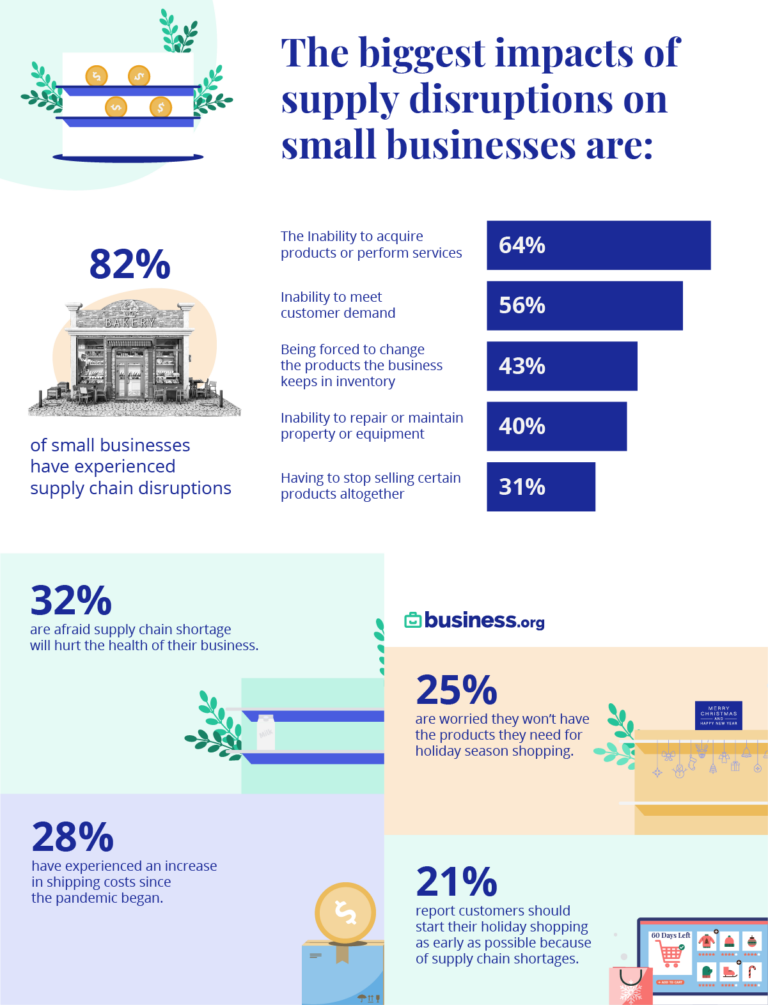
8. Business Challenges
For businesses, inflation means higher operating costs. From rental spaces to raw materials, the expenses add up. This can lead to job cuts or reduced wages, affecting the livelihoods of many Singaporeans.

9. Social Inequality
Inflation can exacerbate social inequality. Those with the means can invest in assets that appreciate over time, while others see their purchasing power diminish. This widening gap is a pressing social issue that needs to be addressed.

10. Government Policies
While the government implements measures to curb inflation, such as subsidies and grants, these are often short-term solutions. The long-term impact of inflation requires a multi-pronged approach that addresses the root causes, rather than just the symptoms.
Conclusion
Inflation is more than just a buzzword; it’s a complex issue that affects every facet of life in Singapore. From the food on your table to the roof over your head, its impact is far-reaching. Understanding the reasons behind inflation is the first step in becoming an informed citizen, capable of making better financial decisions for yourself and your community. So the next time you hear the word “inflation,” you’ll know it’s not just an economic term—it’s a reality that we all need to grapple with.

Frequently Asked Questions (FAQ)
Q1: How does inflation impact daily expenses in Singapore?
A1: Inflation raises the cost of living, affecting essentials like groceries and services, impacting every Singaporean’s budget.
Q2: Can the government control inflation in Singapore?
A2: While the government employs measures to manage inflation, it’s a complex challenge with factors beyond direct control.
Q3: How does inflation affect the job market in Singapore?
A3: Inflation puts pressure on wages, affecting the job market by influencing salary levels and employment dynamics.
Q4: Is there a direct link between inflation and housing prices in Singapore?
A4: Yes, inflation contributes to soaring property prices, intensifying concerns about affordable housing and real estate accessibility.
Q5: What strategies can individuals adopt to mitigate the impact of inflation on savings?
A5: Diversifying investments and exploring inflation-resistant assets are effective strategies to safeguard savings in the face of rising inflation.
Q6: How does inflation impact businesses in Singapore?
A6: Inflation raises operational costs for businesses, potentially leading to economic slowdowns and challenges in sustaining growth.

Have an Article to Suggest?
Tropika Club is always looking for new and exciting content to feature in their magazine and they value the input of our readers. If you have any noteworthy content or articles that you believe would be a great addition to Tropika Club’s magazine, we are open to suggestions and encourage you to reach out to us via email at [email protected]. By doing so, Tropika Club values your expertise and knowledge in the matter and appreciates your willingness to help. We will review your recommendations and update our list accordingly
Meanwhile, Check Out Tropika Club’s Ecosystem of Websites
Tropika Club Magazine – Tropika Club Magazine is a Singapore-based publication that features articles on a wide range of topics with a focus on local businesses and content for the region. The magazine emphasizes supporting local businesses through its #SupportLocal initiative, which includes coverage of everything from neighborhood hawker stalls to aesthetic clinics in town. In addition to highlighting local businesses, Tropika Club Magazine also covers a variety of local content, including beauty, lifestyle, places, eats, and what’s on in Singapore and the Asia Pacific region.



